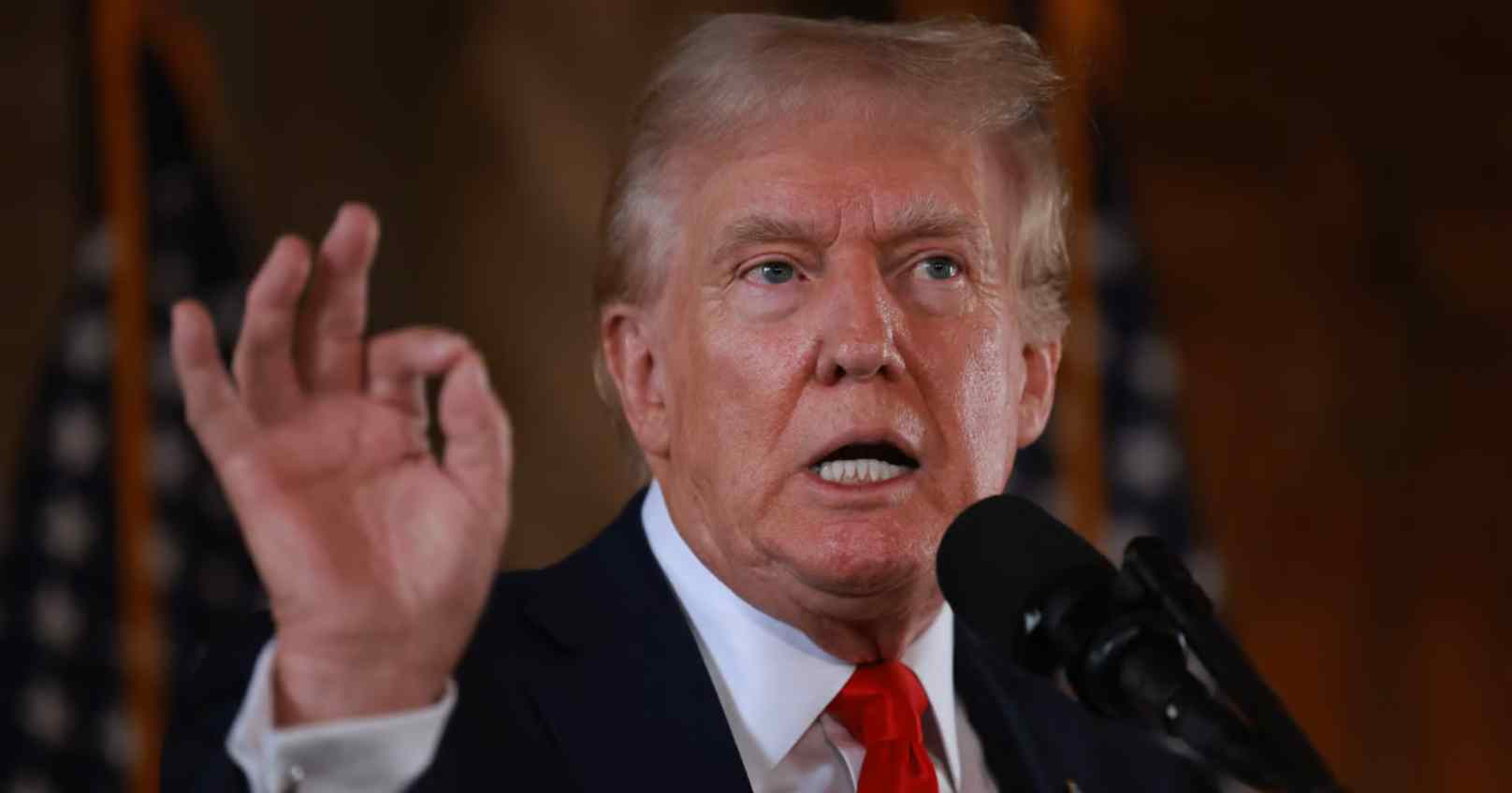Foreign nationals staying in the United States for over 30 days are now required to officially register with federal authorities, according to a new directive from the Department of Homeland Security (DHS) under President Donald Trump. The department has made it clear that those who do not follow the rule could face criminal penalties, including hefty fines and possible imprisonment.
In a recent social media post titled “Message to Illegal Aliens,” the DHS emphasized that individuals remaining in the country without authorization should take immediate action to leave voluntarily. The message was shared on X (formerly Twitter), tagging both the President’s office and DHS Secretary Krisi Noem. “Foreign nationals in the US for more than 30 days must register with the federal government. Ignoring this is a crime,” the post stated. “@POTUS Trump and @Sec_Noem have a clear message: LEAVE NOW and self-deport.”
While this directive does not apply to individuals currently residing in the US on valid visas like the H-1B or student visas, it highlights a shift toward more rigid enforcement of immigration laws. Those on work or student visas must still ensure they remain compliant, especially if their circumstances change—such as job loss—without taking timely action to leave the country.
The department laid out what it considers the advantages of self-deportation. It said that those who choose to leave on their own can avoid further legal consequences, keep any earnings made while in the US (if not convicted of a crime), and potentially preserve their eligibility to return through legal immigration channels. Subsidized flights may also be available for those unable to afford their departure.
However, the message warned of strict penalties for those who continue to remain illegally. These include daily fines of $998 for individuals under final deportation orders who stay beyond the deadline, and fines ranging from $1,000 to $5,000 for not following through on self-deportation after stating they would. Jail time may also be enforced in such cases. Additionally, failing to register or exit the country could permanently block a person’s ability to legally return to the United States in the future.
This toughened stance on immigration marks a renewed push by the Trump administration to deter unauthorized stays and reassert control over immigration processes.







